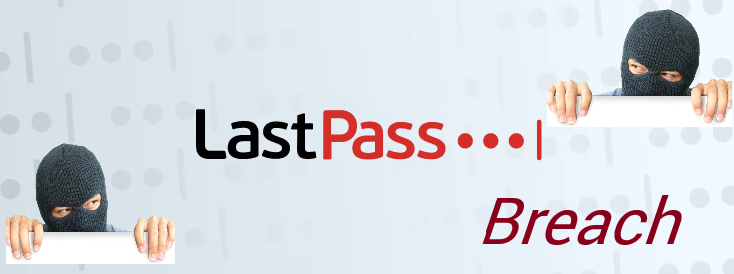
Mon. Aug. 29th Update: CyberHoot isn’t the only one to caution about throwing the Baby out with the Bath Water when reacting to the LastPass password management company breach. Here is another excellent article from our friends at Naked Security (another great source of cybersecurity information and analysis) about this breach. They remain steadfastly in support of Password Manager Adoption. They even have their answers to the most commonly asked questions following this LastPass breach.
Aug. 25th 2022, LastPass reported a breach of its corporate network to users of its password management solution. They stated that no user data was stolen, but source code was. Since CyberHoot recommends adopting a password manager, we’re providing these talking points to our clients and users.
Given that breaches will happen at any company, including security focused companies, what should you be looking for in the companies whose software you purchase?
CyberHoot believes you should consider how transparent will each company be when facing a breach situation. LastPass, to their credit has been very transparent about security issues here and in the past.
Should I stop using LastPass?
No. CyberHoot does not see any reason currently to stop using LastPass. We will continue to monitor and report on this situation as it develops.
The same advice we have always given applies to your companies. It seems like a tropism to say this, but now, more than ever before you need to get serious about cybersecurity in your organizations and adopt these practices below.
By following these cybersecurity best practices, you can significant reduce risk to your SMB or MSP.
Naked Security Dec. 23rd Article on LastPass Breach
Discover and share the latest cybersecurity trends, tips and best practices – alongside new threats to watch out for.

As smart homes get smarter, so do their habits of watching, sensing, and reporting. Enter WiFi Motion Detection, a...
Read more
Spoiler alert: If you’re still using “password123” or “iloveyou” for your login… it’s time for an...
Read moreGet sharper eyes on human risks, with the positive approach that beats traditional phish testing.
